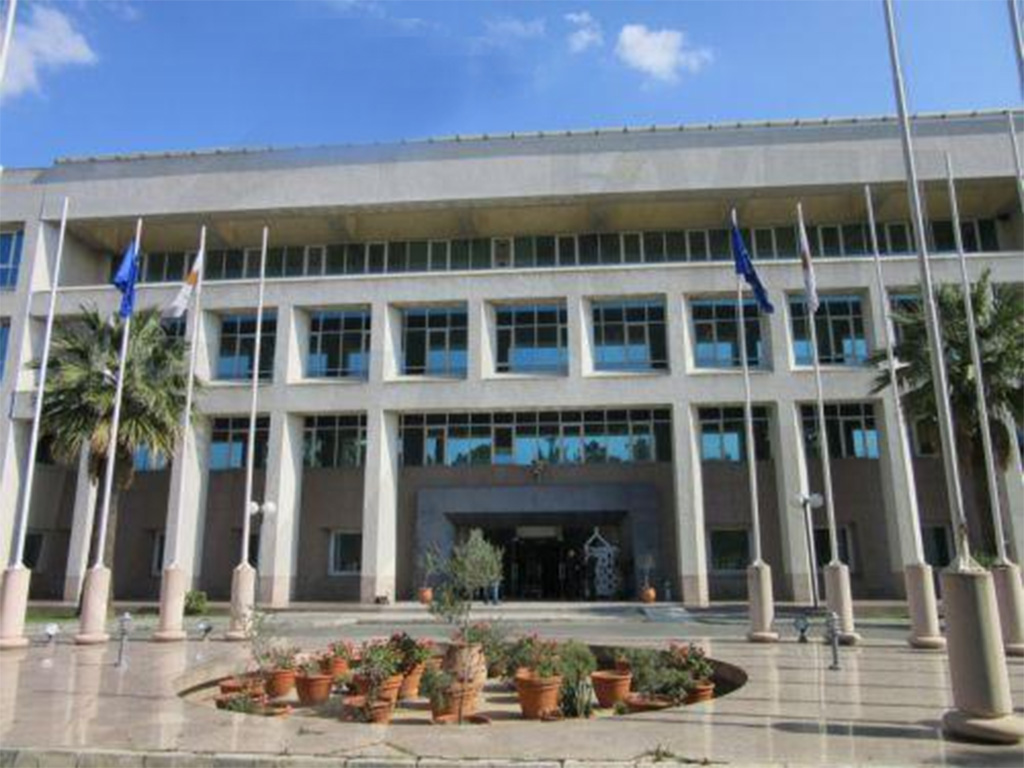The Cypriot foreign ministry on Friday said it is “following with concern the developments in neighbouring Syria” amid the latest outbreak of violence in the country.
Clashes have broken out between Syrian government forces and armed Druze groups in the country’s southeastern Rif Dimashq and Suwayda governorates, including the “Men of Dignity” militia, in recent days, with the Cypriot foreign ministry describing them as “the latest sectarian attacks targeting members of the Druze community”.
“We join the calls for immediate de-escalation and peaceful dispute resolution. All measures must be taken to hold perpetrators accountable and ensure the security and integration of all Syria’s ethnic and religious communities. This is essential for an inclusive and stable Syria,” the foreign ministry said.
The statement comes following almost a week of clashes between government-backed forces and Druze militias in Syria, with reports suggesting that between 70 and 100 people have been killed.
Rhetoric has been heightened amid the violent clashes, with Druze religious leader Hikmat al-Hijri accusing the Syrian government of “committing atrocities against its own citizens” through “government-affiliated militias”.
The Syrian government maintained that it had deployed security forces to the south of the country to combat “outlaw groups” which it said had instigated the clashes.
Foreign Minister Asaad al-Shaibani warned that “any call for external intervention, under any pretext or slogan, only leads to further deterioration and division”.
The British-based Syrian observatory for human rights reported that armed groups had executed civilians at a poultry factory.
The clashes culminated on Friday morning with Israeli fighter jets bombing an area next to the presidential palace in Damascus, Syria’s capital, with Israeli Prime Minister Benjamin Netanyahu describing the bombing as a “clear message to the Syrian regime” over the clashes.
Druze located within Israeli borders had staged protests against what they believe to be Syrian government-sponsored violence, with Netanyahu saying he will “not allow the deployment of forces south of Damascus or any threat to the Druze community”.
The Druze are a small ethnoreligious group which formed as an offshoot of Shia Islam in the 11th century. Their belief system has diverged from Islam in the intervening time, with the group believing in reincarnation and transmigration of the soul. They do not accept converts and actively discourage intermarriage with non-Druze.
Last month, European Commissioner for the Mediterranean Dubravka Suica had warned that ongoing developments in Syria “could have consequences for Cyprus”.
Cypriot President Nikos Christodoulides had earlier promised that any lifting of sanctions on Syria “will not be permanent”, and that the Cypriot government’s future greenlighting of a lifting of sanctions “will depend on the developments we see on individual issues”.
He said the factors on which the temporary lifting of sanctions will include that the Syrian government be “inclusive”, that there be an end to “the civilian population being victims on the basis of their ethnic or religious origin”, and that international law prevail.
Previously, the government had called for a “swift de-escalation” after violence erupted in the Syrian coastal city of Latakia between Alawites loyal to the former regime of Bashar al-Assad and the country’s new interim government.
In February, Foreign Minister Constantinos Kombos visited Damascusto meet both the country’s President Ahmed al-Sharaa and its Foreign Minister Asaad al-Shaibani.
“The purpose of this visit was to express the Republic of Cyprus’ will to assist with a positive agenda, in a positive perspective for Syria after the fall of the Assad regime, both at a bilateral level and within the European Union,” he said at the time.






Click here to change your cookie preferences